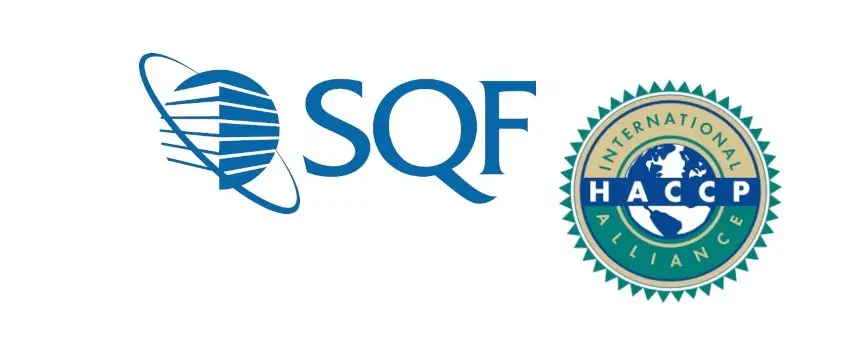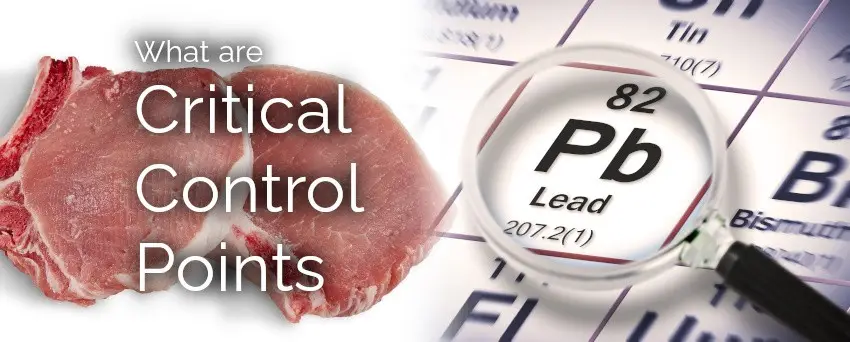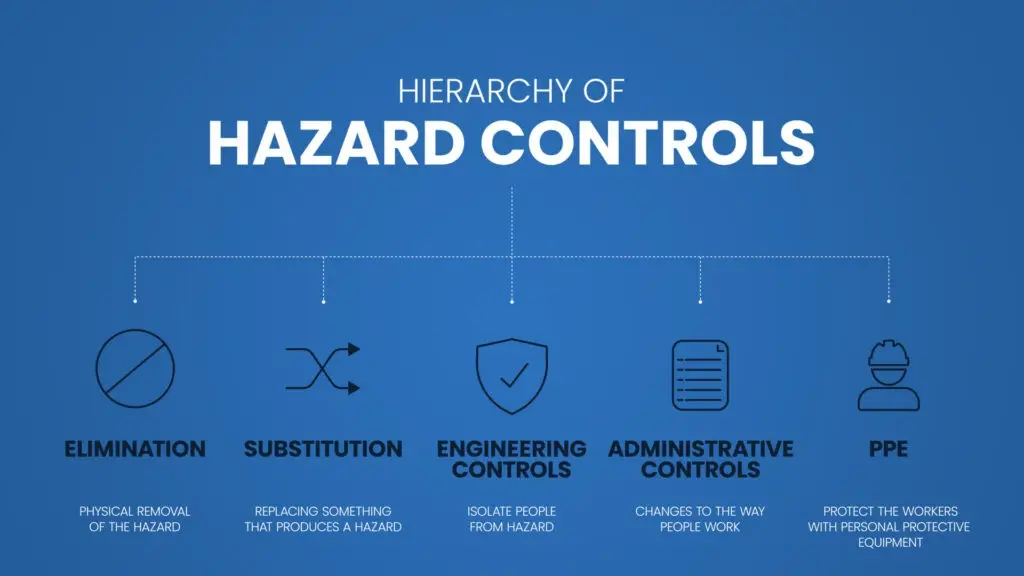Does SQF Credit a Facility for HACCP Trained Employees?

Yes, SQF (Safe Quality Food) program does credit a facility for HACCP (Hazard Analysis and Critical Control Points) trained employees. The SQF program is a food safety management system that includes HACCP principles as a core component.
What is a Critical Control Point (CCP)?

A critical control point (CCP) is a point, step, or procedure in a food production process where a potential hazard can be prevented, eliminated, or reduced to an acceptable level. It is a key step at which a specific measure can be applied to prevent or reduce the likelihood of a food safety hazard occurring.
Why is HACCP So Important

By implementing HACCP, food producers can take proactive steps to prevent food safety issues before they occur, rather than simply reacting to them after they have happened. This can help to protect consumers from foodborne illness..
